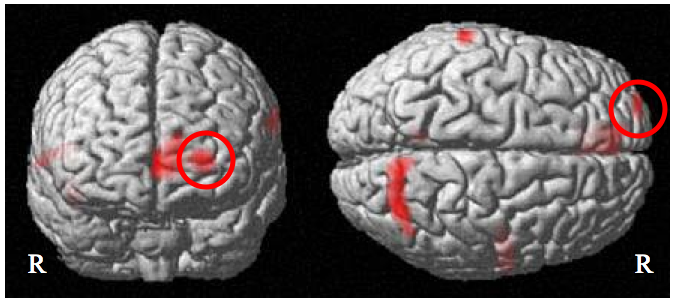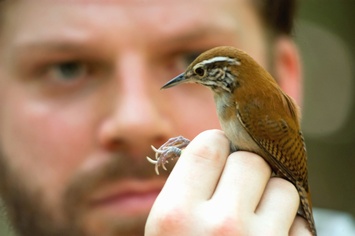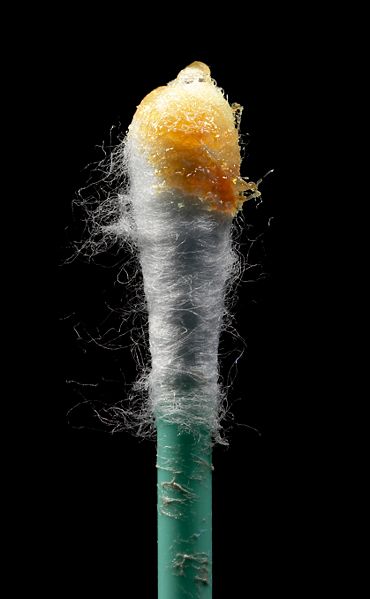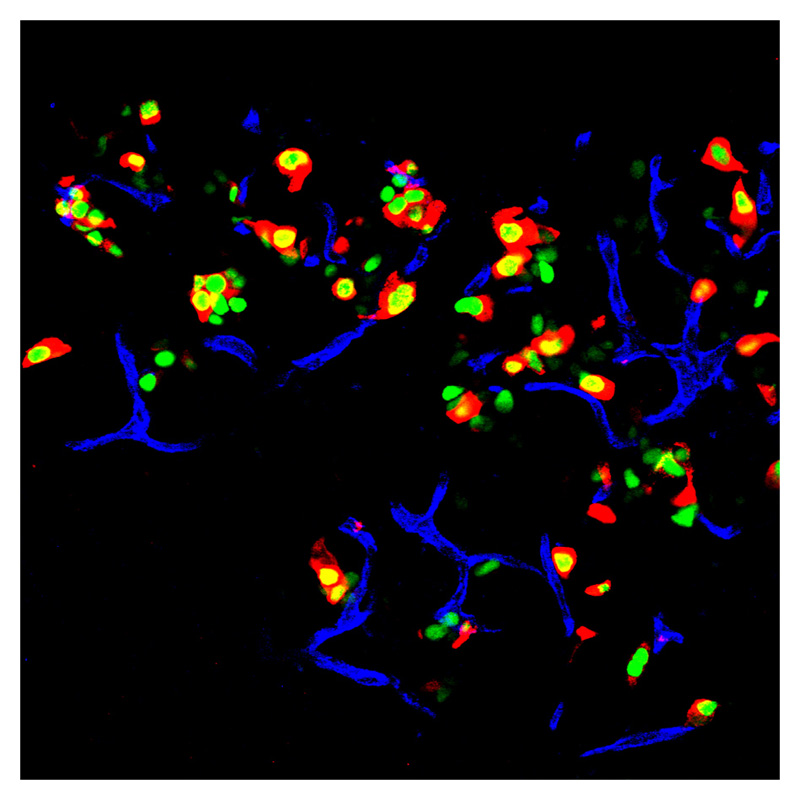 What Really Happened With GRB 080319B? NASA Talks About The Most Intrinsically Bright Object Ever Observed In The Universe
What Really Happened With GRB 080319B? NASA Talks About The Most Intrinsically Bright Object Ever Observed In The UniverseBurst Alert! March 19th was an exciting day for NASA. We know “why” it was special, but we...
 'Self-Control' Is To 'Sudoku;' Can You End Addiction With Analogies?
'Self-Control' Is To 'Sudoku;' Can You End Addiction With Analogies?Better self-control is linked to higher intelligence. But until now psychologists have been unsure...
 You May Be Addicted To The Internet If…
You May Be Addicted To The Internet If…Do you ever think you might have a serious problem because you have to check your e-mail about...
 Will Mona Lisa Smile More When She's Clean? The Science Of Art Conservation
Will Mona Lisa Smile More When She's Clean? The Science Of Art ConservationTom Learner isn’t afraid of taking a scalpel to multi-million dollar Monets or Picassos. But...





 Daniel Mennill studying duetting wrens in the humid Santa Rosa forests of Costa Rica. Photo Credit: Dale Morris.
Daniel Mennill studying duetting wrens in the humid Santa Rosa forests of Costa Rica. Photo Credit: Dale Morris. 


 Who knew earwax could be so interesting? But it's still gross.
Who knew earwax could be so interesting? But it's still gross. 



